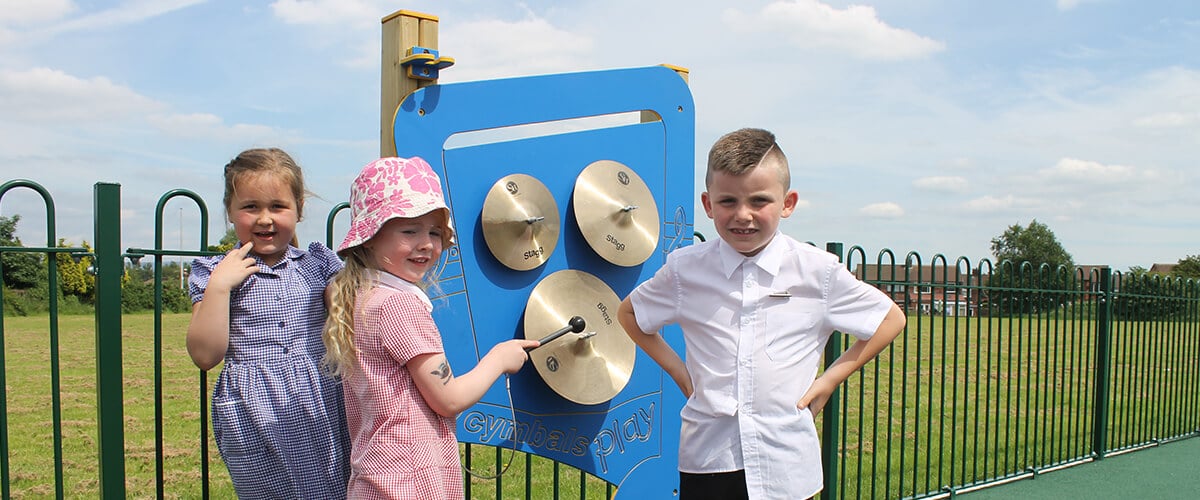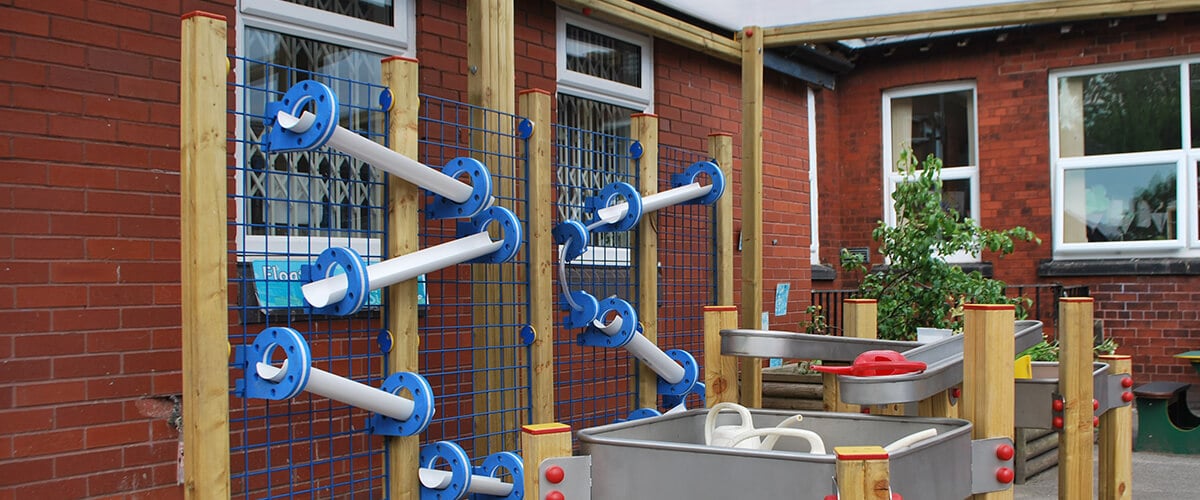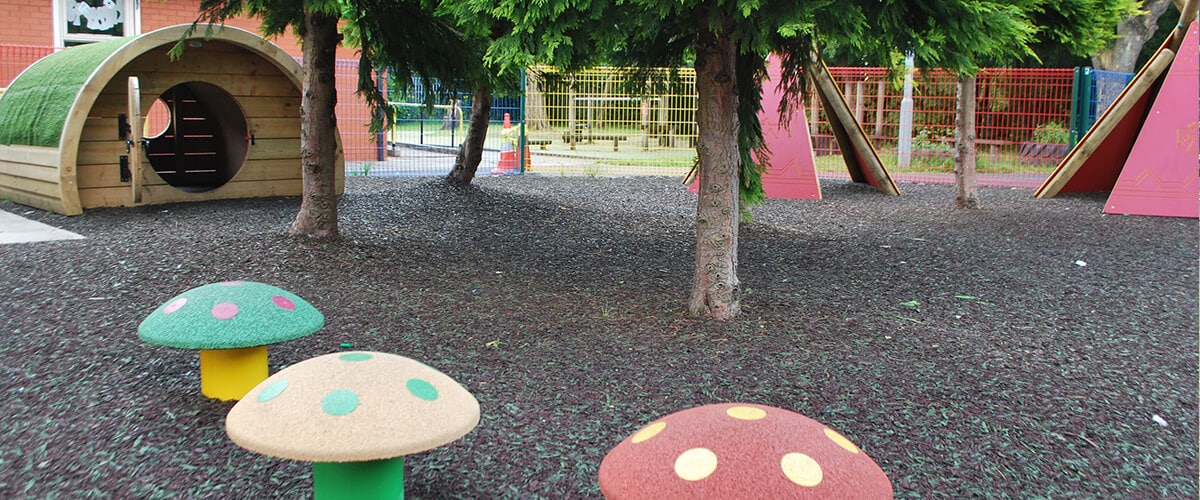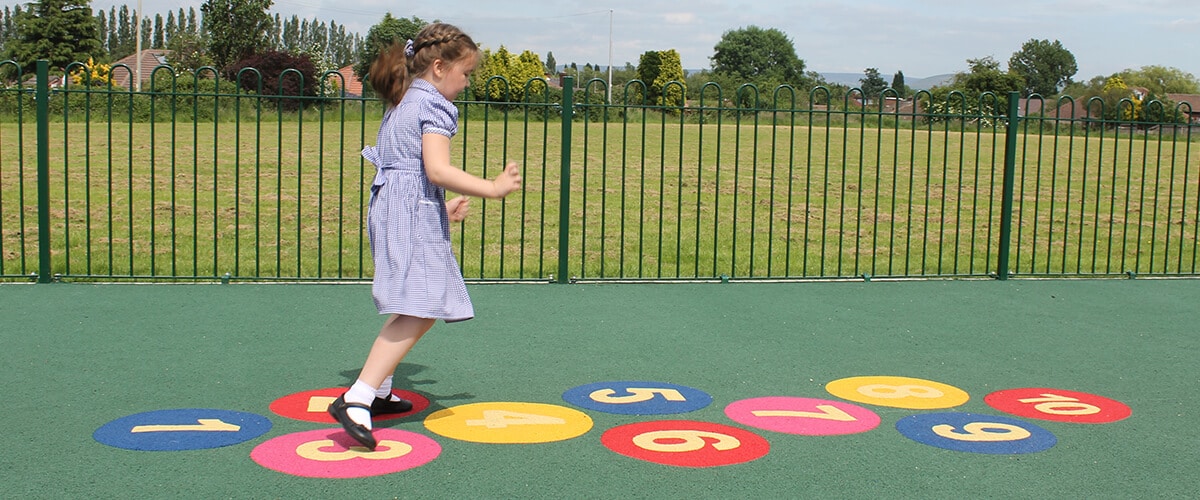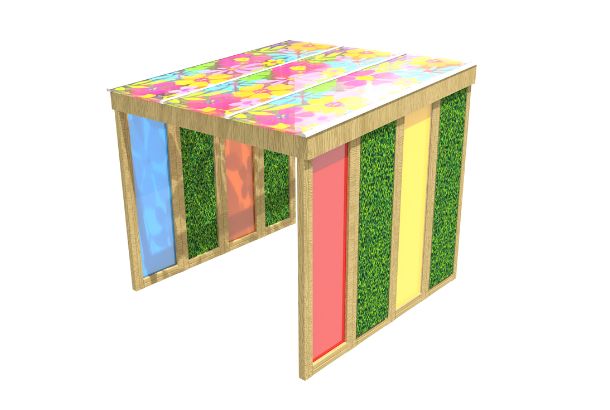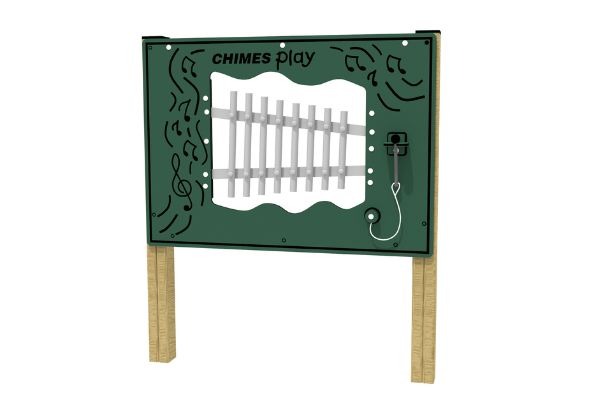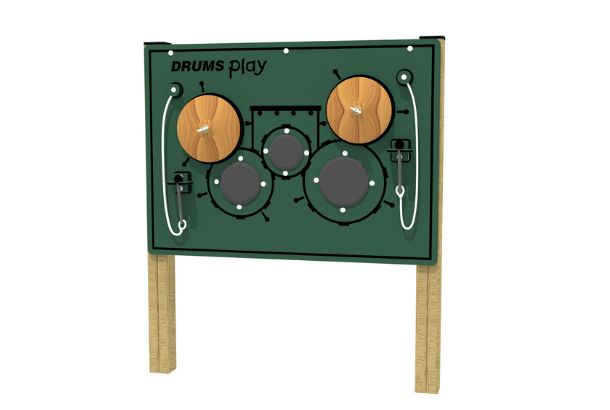Sensory play has numerous educational benefits, but one in particular can help a child’s imagination grow significantly. Children are continually learning to create throughout their childhood, and we at Creative Play are passionate about supporting and cultivating this skill. While problem solving and decision making are frequently regarded as the most evident cognitive skills to be developed and refined through sensory play, language specialists are quick to commend a more sensory approach to early childhood education. Many people attribute sensory play to children’s initial use of descriptive words and expressive language to explain their feelings and emotions, since they are encouraged to explore each of their senses, which aids in their language and brain development. Here are some of the major advantages of sensory play that contribute to the development of creativity: Improves social skills, problem-solving abilities, and language development.
Simultaneously, the more social and emotional components of early human interaction are highlighted, with sensory awareness playing a crucial role in children gaining control of their actions and experiences. This increases the possibility that they will learn and experience more in the future. It’s also a long-held belief that a small child’s more physical characteristics are brought into play at a young age, thanks to the fine motor skills developed through the manipulation of various materials placed in front of eager hands and minds, such as playdough, duplo bricks, or various objects such as crayons and paint brush. However, it is easy to ignore the fact that sensory play promotes social contact and the development of social skills, so fostering an impressionable child’s mental and social inventiveness in nursery.
From the moment a child is introduced to resources like sand, water, and a range of various surfaces in a creative playground, they are actively encouraged to create something out of nothing. The kid is the master of their own creative destiny as they navigate their surroundings, experiencing many surfaces through their eyes, ears, and fingertips. Sensory encounters, according to experts, provide open-ended chances ‘where the process is more essential than the end product’. Essentially, how youngsters utilise things, such as finger painting on a piece of paper, is far more essential than where they end up, whether it’s making a sand model or reaching the top of a climbing structure. Encouraging a youngster to think creatively will also help them address a variety of difficulties in novel ways, whereas nurturing make-believe scenarios enables children to exhibit creativity and boosts self-esteem.
Whether it’s pouring, scooping, pulling, pushing, climbing, or sliding, sensory play allows children to engage with a wide range of materials in novel and imaginative ways. Uninterrupted play, whether individually or in groups, serves as a catalyst for creativity to thrive, with no constraints on what they should do or how they should approach a task. Children can enjoy the process since they can use whatever materials they want, rather than being absorbed by the ultimate product. The more children engage in sensory play, the better they get at spatial ideas, boosting their capacity to digest all of the valuable information they receive through the five major sensory modalities of touch, taste, smell, hearing, and vision. Sensory play is allegedly a vehicle for physically encouraging emotional stimulation and responses through a new medium of play, making it an important component of child development because it helps develop and improve a kid’s senses and cognitive growth.
So, we hope that this journey through some of the more creative parts of sensory play has inspired you to think creatively about how creating your own sensory playground might boost the creativity of the children and young people who will use it. We believe that simply looking at our extensive catalogue of bespoke-designed children’s play areas will demonstrate how passionate we are about children’s creativity, as we continue to strive for unique, imaginative, and, most importantly, safe and enjoyable solutions to children’s playtime needs.
How does sensory play help with creativity development?
Sensory play entails activities that engage the senses, including touch, smell, taste, sight, and hearing. Children develop their creativity and imagination through sensory play, which allows them to explore different textures, colours, and objects in an open-ended and expressive manner.
Sensory play is important for youngsters because it helps to build neural pathways that promote creativity. Children can process information and develop problem-solving skills more efficiently when they use all of their senses. This type of play also promotes sensory integration and allows youngsters to focus and quiet down when necessary. Sensory play allows youngsters to experience different textures, sounds, flavours, looks, and scents, which strengthens their neural connections for creativity and imaginative thinking.
Engaging in imaginative play is an important part of childhood development. Sensory play gives youngsters the opportunity to express their creativity through hands-on activities. By activating the senses and promoting imaginative play, children can improve their problem-solving ability, cognitive abilities, and self-expression. Creative thinking thrives in an atmosphere where children may explore with different sensory inputs, helping them to think beyond the box and imagine new possibilities. Sensory play has far-reaching benefits for children’s cognitive and emotional development.
Sensory development is critical for developing children’s creativity and imagination. Sensory play activities, such as sensory bins, allow youngsters to explore, create, and invent through hands-on experiences. These activities not only improve fine motor abilities, but they also aid with cognitive growth and scientific reasoning. Sensory play benefits all children, including those with intellectual disabilities, because it promotes exploration and learning through sensory stimulation. Introducing sensory play at an early age can benefit a child’s overall development and inventiveness.
Related articles
5 Key Benefits of sensory play
Sensory play helps develop creativity
Sensory play farm animal music

